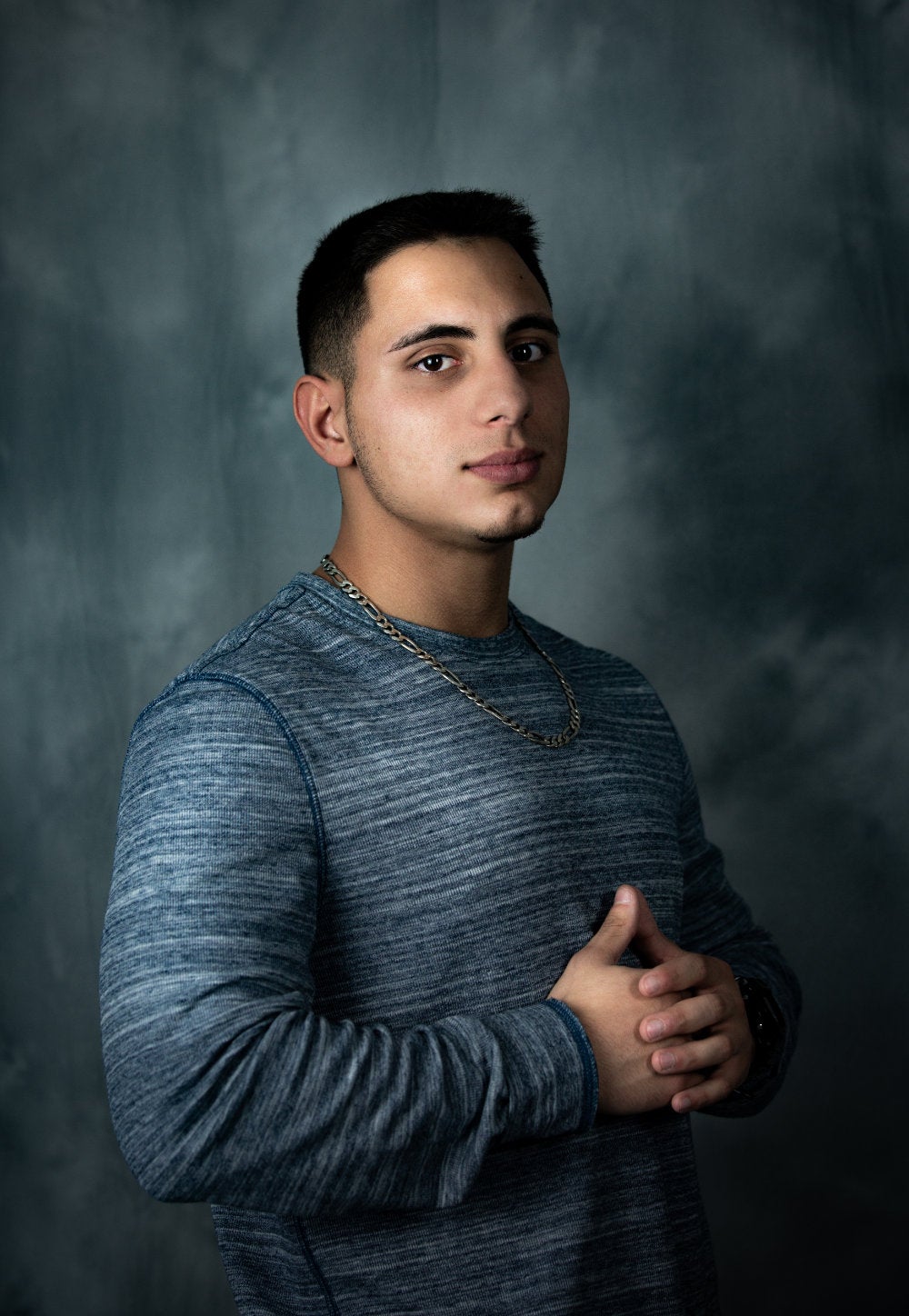
“Studying Italian has improved the way in which I form ideas and construct sentences. It also helped me to become a better listener, which is an important quality for physicians.”
Richard Lisi wasn’t sure what to expect when he enrolled in his first Italian class at URI. The kinesiology student and aspiring physician already had a demanding schedule, and had not taken a language class since high school.
Making time for language study was a priority for him though, because the Italian language and culture is an important part of his heritage. Richard’s grandfather lived through World War II in the province of Frosinone, about 50 miles southeast of Rome. When the town was attacked by the Nazis, Richard’s grandfather, then only ten years old had to be sent to an orphanage for a few months.
“Language is a medium that helps people become more self-aware, and it has the power to transmit values across generations.”
Richard describes with pride the challenges his grandfather faced, emigrating to the U.S. and adapting to a new country. “Growing up, the phrase I always heard was, ‘Non mollare,’ or ‘never give up.’ Language is a medium that helps people become more self-aware, and it has the power to transmit values across generations.”
Italian Professor Alfred Crudale recalls the first time he met Richard in class: “At the beginning of class, when I ask them questions in Italian, students are very quiet in the beginning, but Richard wasn’t afraid to throw himself right into the conversation.”
Richard enjoys speaking Italian not just in class, but in email correspondence, instructions for assignments, and hallway conversations. “Our goal is to build language proficiency and cultural competence so that students are prepared to study abroad,” says Department Chair Karen De Bruin. “But we also want to provide the best experience possible for all students who may not have the resources to go abroad so we always look for ways to support a culture of immersion right here on campus.”
“I really love reading and writing in another language,” Richard says. “Studying Italian has improved the way in which I form ideas and construct sentences. It also helped me to become a better listener, which is an important quality for physicians.”
Richard is working at an athletic training center while he applies to medical school. “Studying a language will help me be more open to the diverse needs of my patients,” he says. “It gives people a cross-cultural empathy.”
